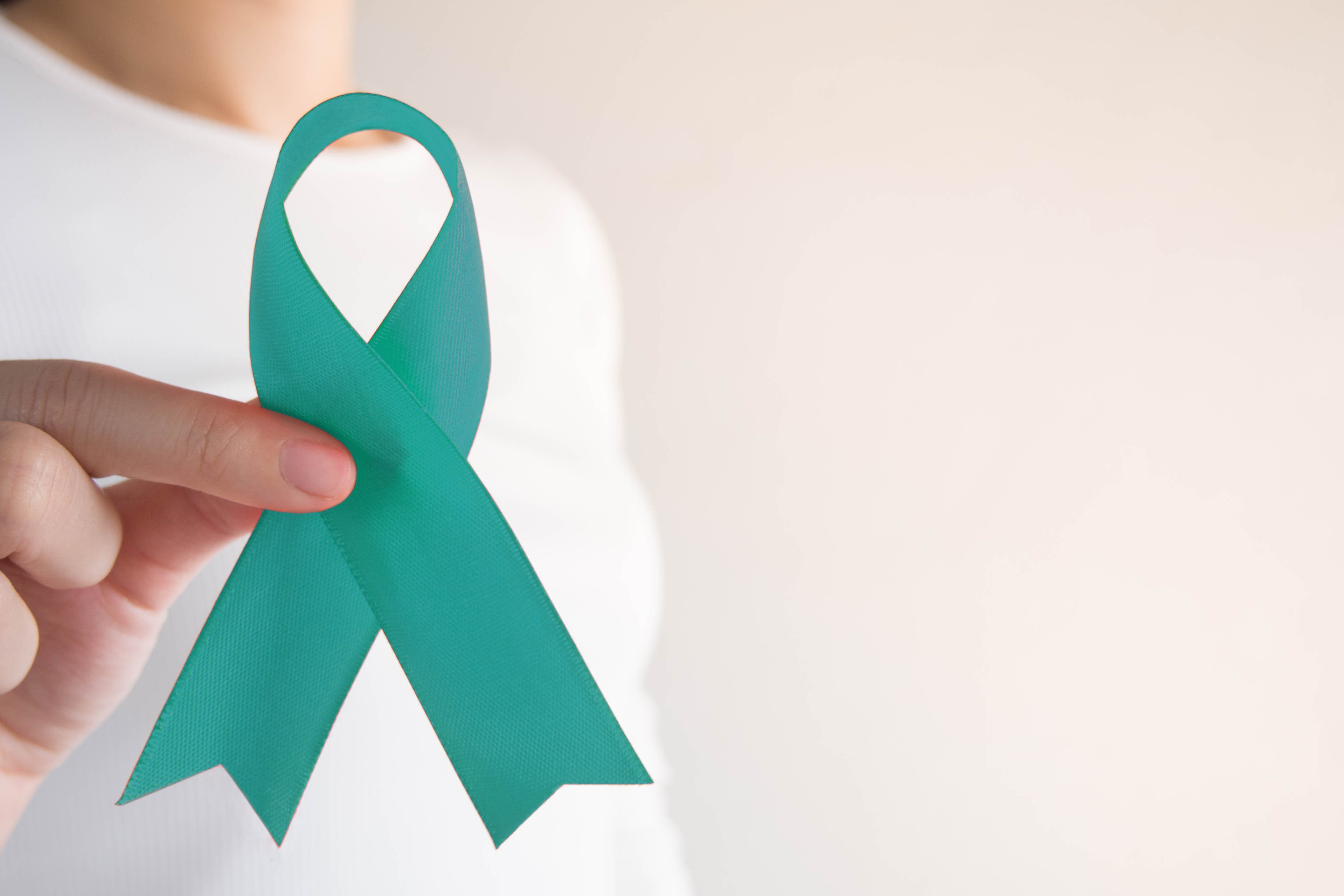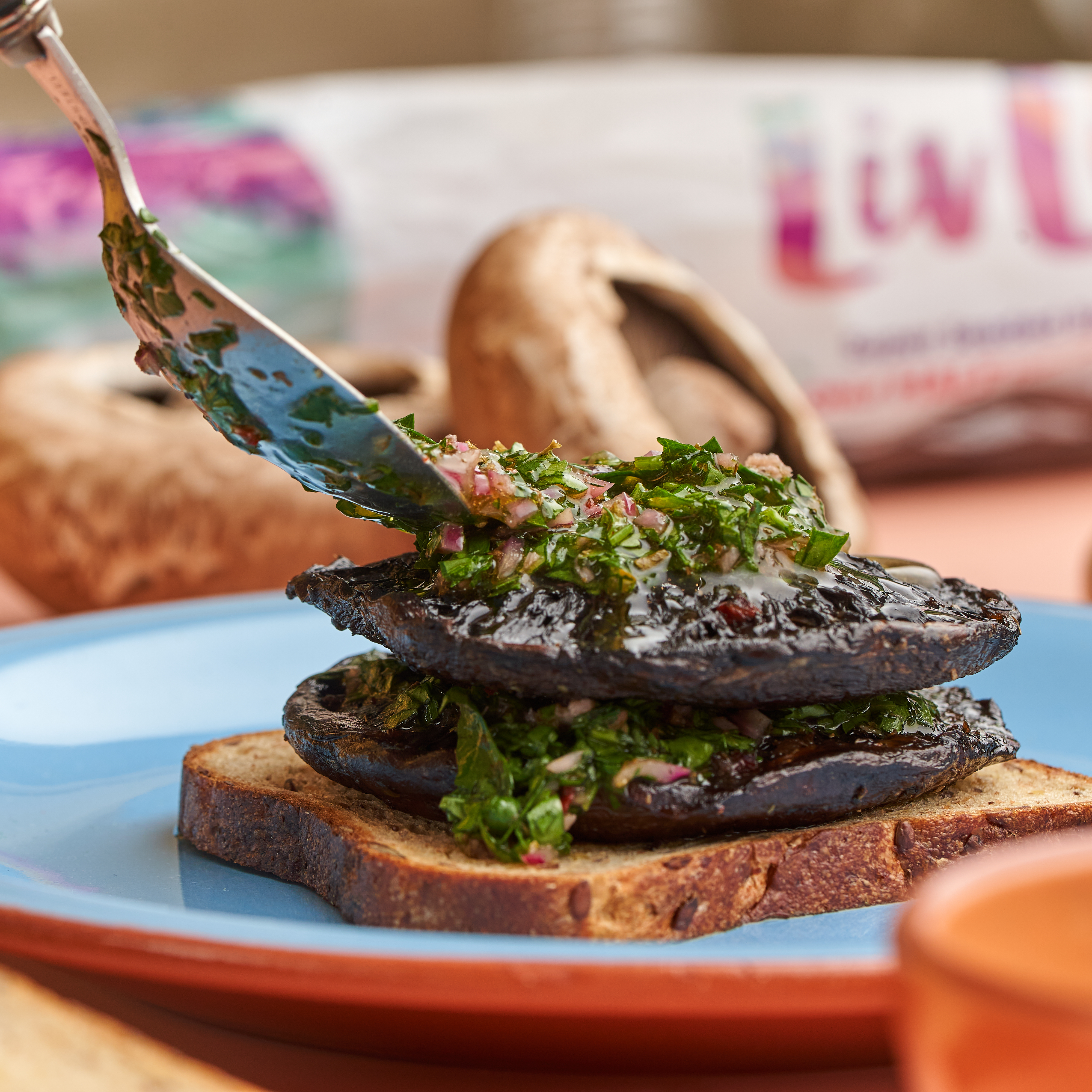Polycystic ovary syndrome (PCOS) is the most common hormonal issue affecting women of reproductive age. It’s a complex and often misunderstood condition that can have a huge impact on women’s lives and wellbeing.
Unfortunately, women’s health issues have a long history of being under-researched and while there is no medical cure, it’s understood that lifestyle plays an important role in managing PCOS symptoms.
On International Women’s Day, we wanted to share information about how a low carb diet can empower women to take back some control of their hormone imbalances.
PCOS and the link to hormones
Around 75% of women with PCOS have a resistance to the hormone insulin.
Insulin resistance means that the body’s tissues are resistant to the effects of insulin, so your body has to keep producing more insulin to compensate.
These high levels cause the ovaries to produce too much testosterone – another hormone – which interferes with normal ovulation.
Other hormones become imbalanced too. You can read more about them on the NHS website here.
The symptoms of PCOS
Excess testosterone causes the main symptoms of PCOS, with sufferers often experiencing:
- Irregular menstrual periods
- Excess hair growth
- Acne
- Infertility
- Type 2 diabetes
- Increased weight gain and all the risks associated with this
What can be an extremely had condition to live with, PCOS can harm not only the body but the mind too, with many women experiencing depression and anxiety.
How a low-carb diet can help PCOS
Thankfully, lifestyle changes can help make life easier.
A low-carb diet is closely tied to improving insulin resistance for people with diabetes, and there is good evidence that it could also help manage PCOS too.
This is because when we eat a meal with carbohydrates, it causes an increase in our blood sugar levels, which then requires our body to produce insulin to regulate them.
Limiting your carb intake can help reduce the high levels of insulin present in the body that can cause PCOS. Low carb diets focus on low-GI foods – foods that are absorbed and metabolised at a slower rate, causing a slower rise in blood sugar and insulin levels.
To get the most benefit, a low carb diet needs to be sustained for a long period and it isn’t a short term fix.
Here are some ways a low carb diet can help:
1. It promotes weight loss
Studies show that many women with PCOS often have a high BMI. Along with this, there is a risk of type 2 diabetes, heart disease and stroke.
A low carb diet is very effective for weight loss and when done right, can turn your body into fat-burning mode by causing ketosis. It also stabilises blood sugar and reduces food cravings between meals.
2. It improves insulin resistance
Losing weight is a major step toward lowering insulin resistance. According to the NHS, weight loss of just 5% can lead to a significant improvement in PCOS.
In 2005, a study by the Journal of Nutrition & Metabolism found that a low carb diet helped women with PCOS not only lose weight but that the levels of testosterone and fasting insulin in their bodies also reduced significantly.
3. It may help infertility
Weight loss and reduced insulin resistance can help regulate ovulation and a normal menstrual cycle in women with PCOS. This is especially good news for women who hope to become pregnant because it means they don’t have to rely on birth control medication to ease their symptoms.
It’s difficult for researchers to give a clear indication of the full impact of a low carb diet on fertility, but some infertility doctors recommend it to their patients due to the positive results they’ve seen.
4. Acne can improve
Weight loss also has been found to improve cholesterol and insulin levels, and this can help relieve symptoms like excess hair growth and acne.
Generally, a low carb diet means not eating more than 130 grams of carbs per day, although it varies by individual.
Avoiding starchy foods like bread, rice, pasta, potatoes and pastry is the foundation of a low carb diet. Likewise, not having too many protein-based foods like meat, cheese and nuts can help with weight loss and prevent the body from making too much glucose.
Luckily, you don’t have to give up bread on a low carb diet! Our LivLife low carb bread contains half the carbohydrates of regular bread and is packed with healthy whole grains, nuts and seeds to satisfy your taste buds and keep you feeling full.
If you’d like more information and guidance, you can read our article on ‘Getting started with a low carb diet’ here.
And please remember, before undertaking any new diet please seek guidance from your GP, dietician or health professional.




